Stat of the Match: Liverpool 1-2 Newcastle
Liverpool delivered their worst performance of the season in the Carabao Cup Final, allowing Newcastle to play the game on their terms.
Liverpool were strong favourites to beat Newcastle in the Carabao Cup final at Wembley on Sunday. You wouldn’t know it from how the match played out.
While the first half was not good from a Reds perspective, neither had it been that bad. For the opening 35 minutes, the Magpies had crafted little of note. Then came a warning of what was to follow.
Dan Burn headed a corner at the back post into the centre of the box to create what Opta deemed to be the first big chance of the contest. Never mind that Bruno Guimarães barely made contact with the ball, the set play threat from the Geordie centre-back had been made all too apparent.
Ten minutes later, Burn had scored. “I have never seen in my life a player from that far away heading a ball with so much force into the far corner,” Arne Slot said after the match. Maybe so, but Liverpool conceded a broadly similar goal to Dara O’Shea at Anfield when Burnley were the visitors last year, as you can see in the clip here.
If scoring from so far out is potentially harder than crowding the six-yard box, it does at least take the likes of Ibrahima Konaté and Virgil van Dijk out of the equation from a defensive standpoint. The stinging aspect of Burn’s goal is that he didn’t have to win an aerial duel to get his shot away.
A mediocre half for the Reds had suddenly become a significant problem. Slot has made multiple references this season to the value of a positive set piece balance. This match proved his point once again.
Newcastle’s opener was the 40th goal Liverpool had conceded in all competitions this season, the eighth of which that has occurred between the 41st minute and the interval. Even allowing for stoppage time, it’s not ideal to be allowing 20 per cent of the goals into a window lasting roughly six per cent of a match. Teams will start to believe they will change the scoreline in their favour before enjoying their half time orange.
Losing aerial duels in your own box often spells doom too. Eddie Howe’s men only won two in the match. The problem for the Reds was that the first led to the aforementioned big chance, the other assisted the second goal. Being beaten by Burn is one thing, losing a duel to Jacob Murphy quite another.
The second goal came in the 52nd minute, the same point at which Manchester United took the lead at Anfield in January. With Plymouth knocking the Reds out of the other cup thanks to a 53rd minute goal, no wonder Gary Neville gets so worked up at that point in matches. It’s his special, tumescent time.
Over the years, Andy Robertson has acquitted himself in the air with better results than his full-back colleague. The Scot has seen a significant dip in 2024/25, though, with Newcastle taking full advantage under the Wembley arch as Murphy headed back to Alexander Isak for the 25-year-old to score against Liverpool as usual.
What constitutes an aerial duel is clear, whereas it can be dangerous to read too much into ground duel stats. As they incorporate fouls, the metric is to some extent determined by the whims of the referee. However, Liverpool had their fourth worst second half of 2024/25 when it comes to duel win percentage in this match.
Losing one-to-one contests is becoming a theme of the campaign. Slot memorably mentioned this when substituting Jarell Quansah at half time in the season opener. He also made multiple references to duels when speaking after the cup final defeat.
“This game had nothing to do with running, this game had only to do with playing duels”
“This game went exactly the way they wanted it to be: a fight with a lot of duels and a lot of duels through the air”
“We were outplayed in their style, yeah, that’s true. That is what you can call outplayed. Yeah, they won more duels than us.”
And that’s not all of them. Slot was right about it being ‘a fight with a lot of duels’. A game of that nature enabled the Magpies to dominate despite having relatively little of the ball.
Since the summer of 2014, there have been just shy of 2,500 Premier League matches won by a team that scored at least twice. Newcastle’s Wembley victory was achieved with just 143 completed passes, which would be just outside the top 20 fewest from that enormous sample. Looking at the Reds’ entries around that mark will give you flashbacks, bad dreams, night sweats and a mild-to-medium sense of dread.
A lack of successful passes didn’t hamper the Magpies in terms of getting into the Liverpool penalty area. To have at least 26 touches in the opposition box from a maximum of 143 accurate passes has been achieved once in the English top flight across the last eight seasons. Newcastle hit the pinnacle of efficiency.
Even before they went behind, the Reds struggled to fashion much of anything going forward. In terms of proportion of attacks down either flank this season, Liverpool are well balanced; 37 per cent down the left, 35 on the right. It feels counterintuitive when considering Mohamed Salah’s influence, though perhaps getting him into space quickly is outweighed by more touches via a more considered approach on the opposite side.
The Reds went with an above average 42 per cent on the left in the recent Anfield victory over the Magpies. Luis Díaz assisted Dominik Szoboszlai from that flank for good measure. Liverpool raised that mark to 45 at Wembley, but the Colombian left no real imprint on the match: 0.09 combined expected goals and assists, one dribble completed (in his own half), one touch in the box.
Díaz did at least use the latter to create his side’s only shot of the first half, the sole moment of note for Diogo Jota. When the Reds play with a front four of these two players with Salah and Szoboszlai, it feels like a quartet containing a combination of everything you’d want from a front line; hard running, dribbling, pressing for days, smart finishing and incisive passing.
But does it actually work? This attacking quartet have started 10 games together in all competitions this season. Their matches in 2025 have coincided with some very questionable team performances.
Maybe a combination of fatigue and opponent quality provides the simple explanation to the recent problems. Even so, the last five matches in the above table featured three halves in which the Reds took a single shot with a complete shutout against Wolves.
What was clear against Newcastle was that the attack finally sparked into life for the closing quarter-hour once Federico Chiesa and Harvey Elliott joined the fray.
The Italian remains Liverpool’s goal involvement king, scoring from his fellow substitute’s through ball. Elliott created the Reds’ only other chance during his time on the pitch too. By full time, he had amassed a higher expected assist total than his teammates combined, while Chiesa had more touches in the box than the starting three forwards mustered between them. It was all too little, too late to save the day from the clutches of Newcastle.
It has been a bad week in what will still be a very successful season for Liverpool. Slot will have learned a few lessons about life in English football in recent weeks, most of them painful. It’s safe to assume the word duels might come up when he next has a meeting with Richard Hughes to discuss transfer strategy.

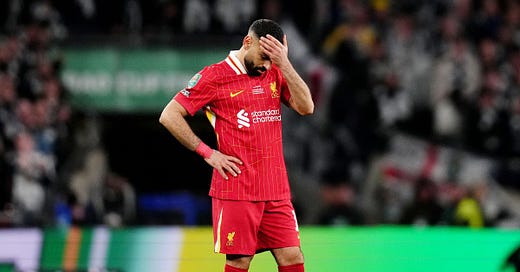


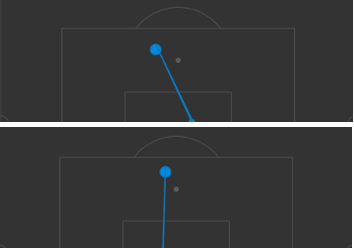
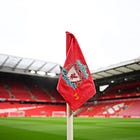
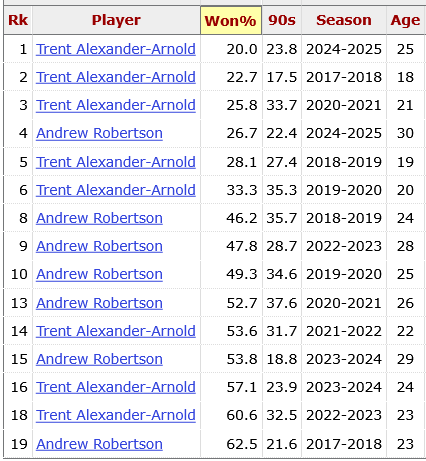

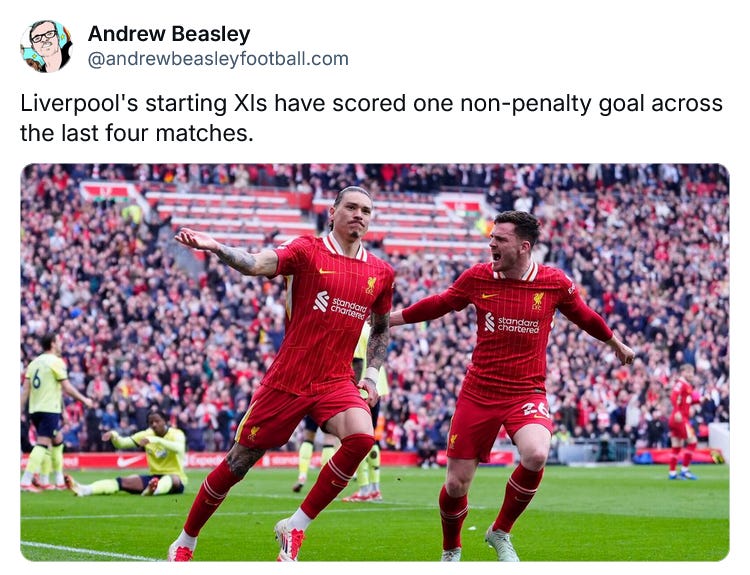
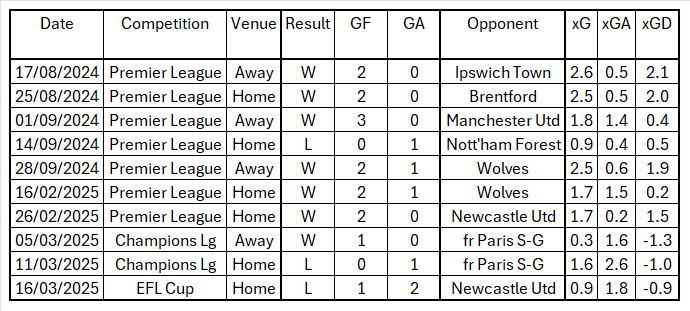
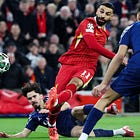
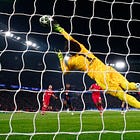
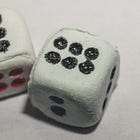
It was the sort of old school game which used to bamboozle Liverpool unfortunately.... And let us never speak of it again!